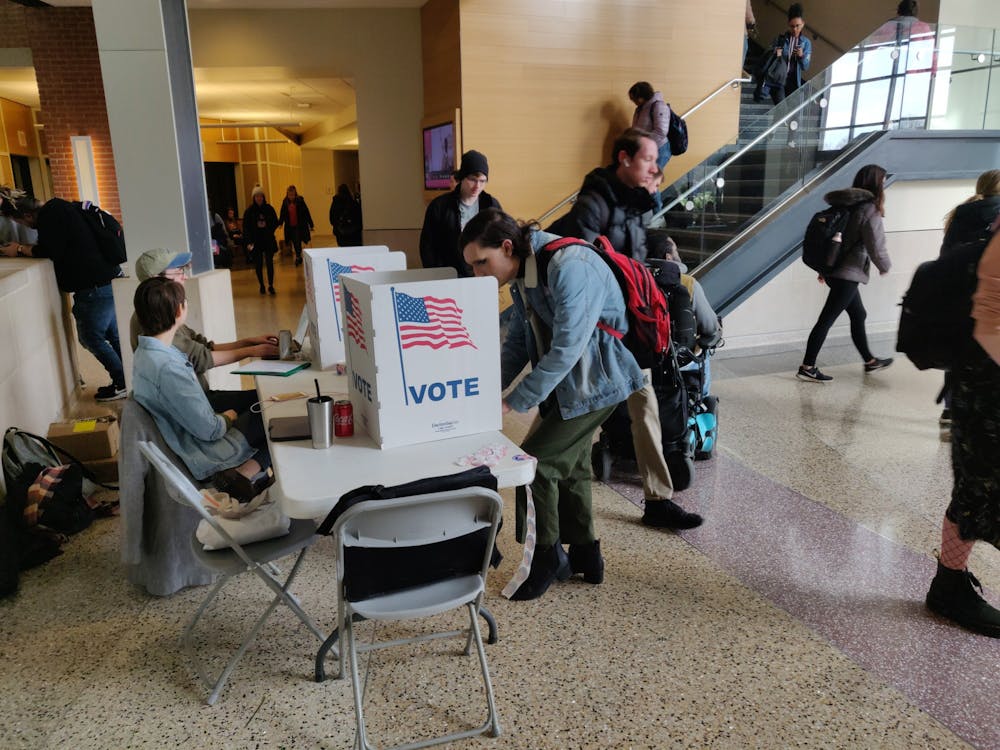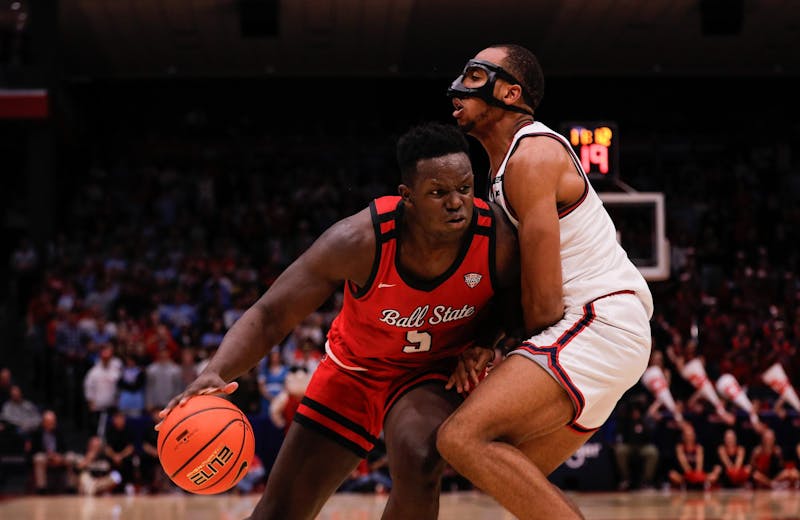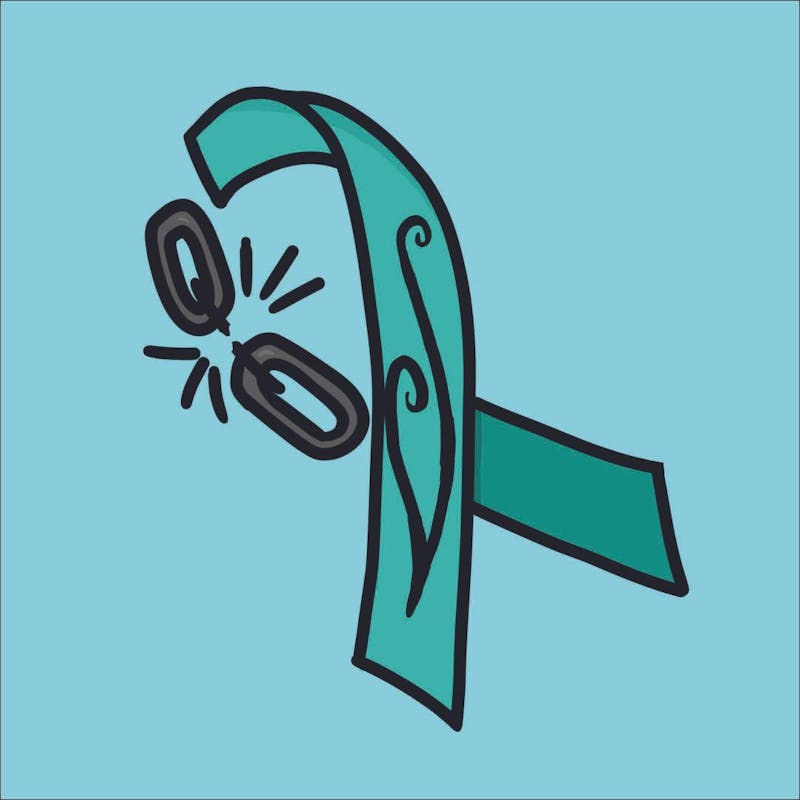With the the first round of voting in Ball State’s Student Government Association (SGA) election concluding Tuesday, the low voter turnout — approximately 9 percent — was discussed at the weekly SGA meeting.
At Wednesday’s meeting, SGA Adviser Jim Hague said the voter turnout was much lower than the historical average which ranges between 12-15 percent.
“I’m personally interested in this trend because we historically have a higher turnout than we’ve had the past two years,” he said.
Hague said he is interested in possibly pursuing a practicum for students majoring in political science on the topic of decreasing student voter turnout SGA elections, especially in the fall 2020 semester.
SGA President Aiden Medellin, in his executive report, said he is worried student voters do not understand they must vote a second time in runoff elections for their vote to count.
During announcements, vice president Cameron DeBlasio echoed Medellin’s concerns.
“People need to understand their first vote does not count this time,” DeBlasio said. “I can tell you from experience we need to make sure people understand that.”
Last year, the runoff elections had 814 fewer total votes than the first round of voting.
This year, the runoff election between the Alliance and Bold slates will include an all-slate debate Thursday and and a second round of voting scheduled for Feb. 24 and 25.
RELATED: Runoff elections announced for 2020 SGA elections
During the meeting, the senate unanimously voted to pass an amendment to the floor debate structure allowing gallery observers to easily comment on legislation.
“We as SGA need to hear from the student body to effectively do our jobs, and I think this Amendment will help that cause,” said “Senate Meeting Inclusion and Transparency” amendment author Jake Biller.
The amendment does not provide a concrete process for allowing gallery members to speak, but aims to allow comments without senators having to yield time to people.
“The Amendment will benefit the student body by allowing them to directly address SGA with their concerns during our meetings,” Biller said in the previous SGA meeting where the amendment was discussed. “It gives them a greater voice to create change.”
The senate also read an amendment proposing to establish a formal process for budget requests. The “Budget Request and Allocation Process” amendment would require funding requests to be submitted at least two weeks before the event if passed.
One author of the amendment, senator Marcus Jennings, said the amendment was written to avoid senators having to use their own money for events because of budget requests being submitted too late.
“There is a problem when a senator submits a request too close to the event and we become the bad guys because we just made a senator pay for an event,” Jennings said. “We want to make sure all the rules are clear and we have everything set up ready to go before the event happens.”
The Senate did not discuss the amendment and will vote on the new budget request guidelines next week. It will need a two-thirds majority vote to pass.
A new senator, landscape architecture major Jake Maple, was approved 39-0 to represent the College of Architecture and Planning (CAP) in the Collegiate Caucus. Maple said he wants to use his relationship with CAP programs “to be a voice for CAP students in SGA.”
Finally in committee reports, Sexual Assault ad-hoc chair Lauren Kamykowski announced a “Take Back the Night” event scheduled for April 8 for sexual assualt survivors to share their stories.
Kamykowski met with the Office of Victim Services last week to discuss the event, which will involve a campus march and vigil.
Contact Grace McCormick with comments at grmccormick@bsu.edu or on Twitter @graceMc564.





The Daily News welcomes thoughtful discussion on all of our stories, but please keep comments civil and on-topic. Read our full guidelines here.